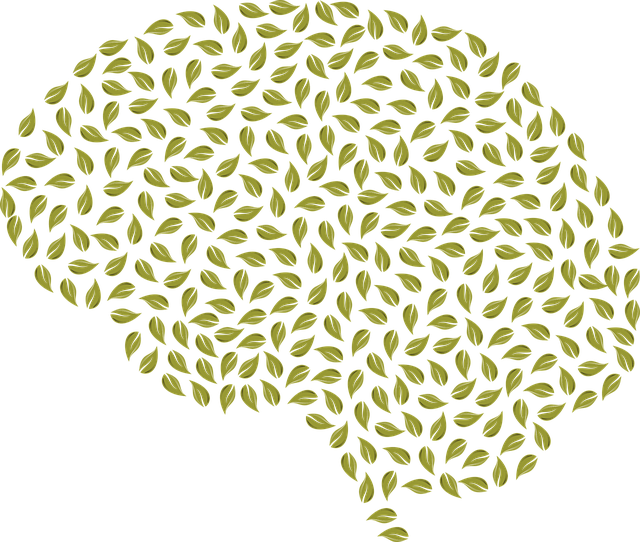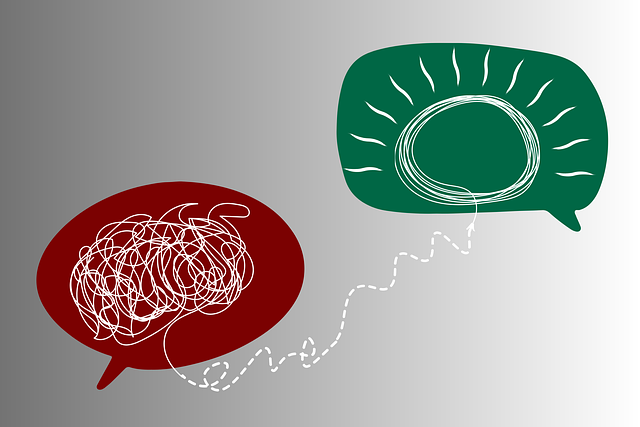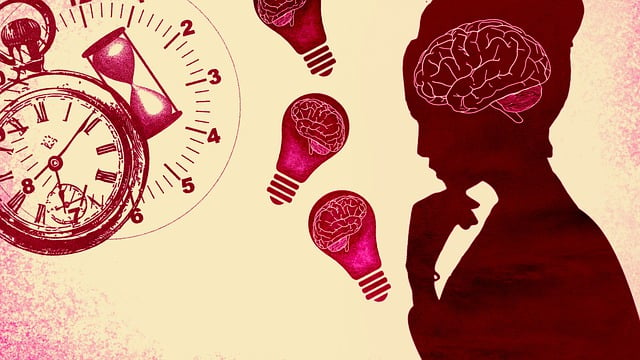Cultural sensitivity is crucial in modern mental healthcare for elders with Autism Spectrum Disorder (ASD), addressing their unique challenges. This involves self-awareness exercises, crisis guidance, and continuous learning for therapists to understand cultural impacts on mental health. A proposed Mental Wellness Podcast Series focusing on diverse cultures can enhance tailored support, connections, and journeys for ASD elders. Culturally competent therapy, incorporating personalized approaches like mindfulness, creates safe environments, improves communication, and facilitates emotional healing. Integrating cultural considerations into treatment plans respects clients' backgrounds, enhancing outcomes and preventing issues like Depression. Successful case studies demonstrate the positive impact of culturally responsive therapy on communication, belonging, and treatment success, revolutionizing ASD care for elders.
Cultural sensitivity is paramount in mental healthcare, especially when assisting elders with Autism Spectrum Disorder (ASD). This article delves into the complexities of providing culturally competent therapy for this demographic, exploring challenges unique to ASD and aging. We present strategies for therapists to navigate cultural nuances, incorporate ethnic considerations in treatment plans, and offer case studies demonstrating successful cultural sensitivity in elderly ASD therapy. By understanding these approaches, mental health professionals can enhance their practices and better support diverse clients.
- Understanding Cultural Sensitivity in Mental Healthcare
- Challenges Faced by Elders with Autism Spectrum Disorder (ASD)
- Strategies for Culturally Competent Practice in Therapy
- Incorporating Cultural Considerations in Treatment Plans
- Case Studies: Successful Cultural Sensitivity in Elderly ASD Therapy
Understanding Cultural Sensitivity in Mental Healthcare

Cultural sensitivity is a cornerstone in modern mental healthcare practice, recognizing and appreciating the diverse cultural backgrounds of patients. It involves understanding that cultural beliefs, values, and practices can significantly influence an individual’s experience of mental health issues and their response to therapy. In the context of caring for elders with Autism Spectrum Disorder (ASD), cultural sensitivity becomes even more critical as these individuals often face unique challenges related to communication, social interaction, and environmental adaptations.
Self-Awareness Exercises and Crisis Intervention Guidance are essential tools for building cultural sensitivity in therapy. Healthcare professionals can enhance their practice by educating themselves on various cultural contexts, participating in workshops, and engaging in continuous learning. A Mental Wellness Podcast Series Production focusing on diverse cultures and mental health can also be a powerful resource to promote awareness and provide valuable insights. By embracing cultural sensitivity, therapists ensure that they offer tailored support, fostering better connections and ultimately improving the outcomes for elders with ASD navigating their mental wellness journeys.
Challenges Faced by Elders with Autism Spectrum Disorder (ASD)

Elders with Autism Spectrum Disorder (ASD) face unique challenges in accessing and engaging with mental healthcare services. Many elders on the autism spectrum struggle with social interaction, communication, and sensory processing, which can make traditional therapy settings intimidating or even overwhelming. These individuals often require tailored support to feel comfortable and participate actively in their treatment plans.
The process of establishing trust and understanding between healthcare providers and ASD elders is essential. Sensory-friendly environments, individualized communication strategies, and specialized therapists trained in ASD are key components for effective therapy. Moreover, promoting self-care routine development for better mental health and stress management can significantly benefit this population. Public awareness campaigns development can also play a vital role in reducing stigma and fostering inclusive practices within the healthcare system.
Strategies for Culturally Competent Practice in Therapy

Culturally competent therapy involves a deep understanding and appreciation of clients’ cultural backgrounds, which can significantly enhance the therapeutic process. For therapists working with older adults on the autism spectrum, implementing tailored strategies is essential. This may include incorporating mind over matter principles to address unique challenges related to social interaction and communication. By creating a safe and inclusive environment, therapists can encourage clients to express their emotions freely, fostering effective emotional healing processes.
One practical approach is offering stress management workshops specifically designed for this population. These sessions can teach valuable coping mechanisms and provide a platform for peer support. Additionally, therapists should be mindful of non-verbal cues and cultural norms, ensuring that their communication style aligns with the client’s preferences. This personalized approach not only improves therapy outcomes but also strengthens the therapeutic alliance.
Incorporating Cultural Considerations in Treatment Plans

Incorporating cultural considerations into treatment plans is a cornerstone of compassionate mental healthcare practice, especially when serving diverse populations like elders with Autism Spectrum Disorder (ASD). Cultural sensitivity means understanding and respecting clients’ backgrounds, beliefs, values, and practices, which can significantly impact their mental health experiences. For example, therapeutic approaches that resonate with one cultural group might not be effective or appropriate for another.
When crafting treatment plans, healthcare providers should explore the client’s cultural identity and incorporate relevant interventions. This may involve adapting communication styles, using familiar therapeutic techniques from the client’s culture, or incorporating mindfulness practices like meditation (a strategy also useful for Burnout Prevention Strategies for Healthcare Providers). By doing so, therapists foster a deeper connection with their clients, enhancing therapy outcomes and potentially preventing issues like Depression.
Case Studies: Successful Cultural Sensitivity in Elderly ASD Therapy

In the realm of mental healthcare, cultural sensitivity is paramount, especially when treating elderly individuals on the Autism Spectrum Disorder (ASD). Successful case studies highlight the transformative power of culturally responsive therapy. One such example involves an innovative approach that integrates traditional ASD interventions with cultural practices tailored to the specific needs and backgrounds of older adults with ASD. This personalized therapy not only enhances communication but also fosters a deeper sense of belonging and understanding, significantly improving treatment outcomes.
The implementation of these strategies has been met with encouragement from both professionals and families, indicating their potential impact on public awareness campaigns development. By addressing cultural sensitivity in mental healthcare, risk assessment for mental health professionals can be improved, burnout prevention measures strengthened, and overall care quality elevated. These case studies serve as a testament to the importance of integrating diverse perspectives in therapy, ultimately revolutionizing how we approach ASD treatment for elderly individuals.
Cultural sensitivity is paramount in mental healthcare, especially when treating elderly individuals with Autism Spectrum Disorder (ASD). By understanding the unique challenges they face and implementing culturally competent strategies, therapists can significantly enhance treatment outcomes. Incorporating cultural considerations into therapy plans ensures a more inclusive and effective approach, as evidenced by successful case studies. This tailored care not only respects individual identities but also fosters meaningful connections, ultimately revolutionizing therapy for elders with ASD in today’s diverse society.











